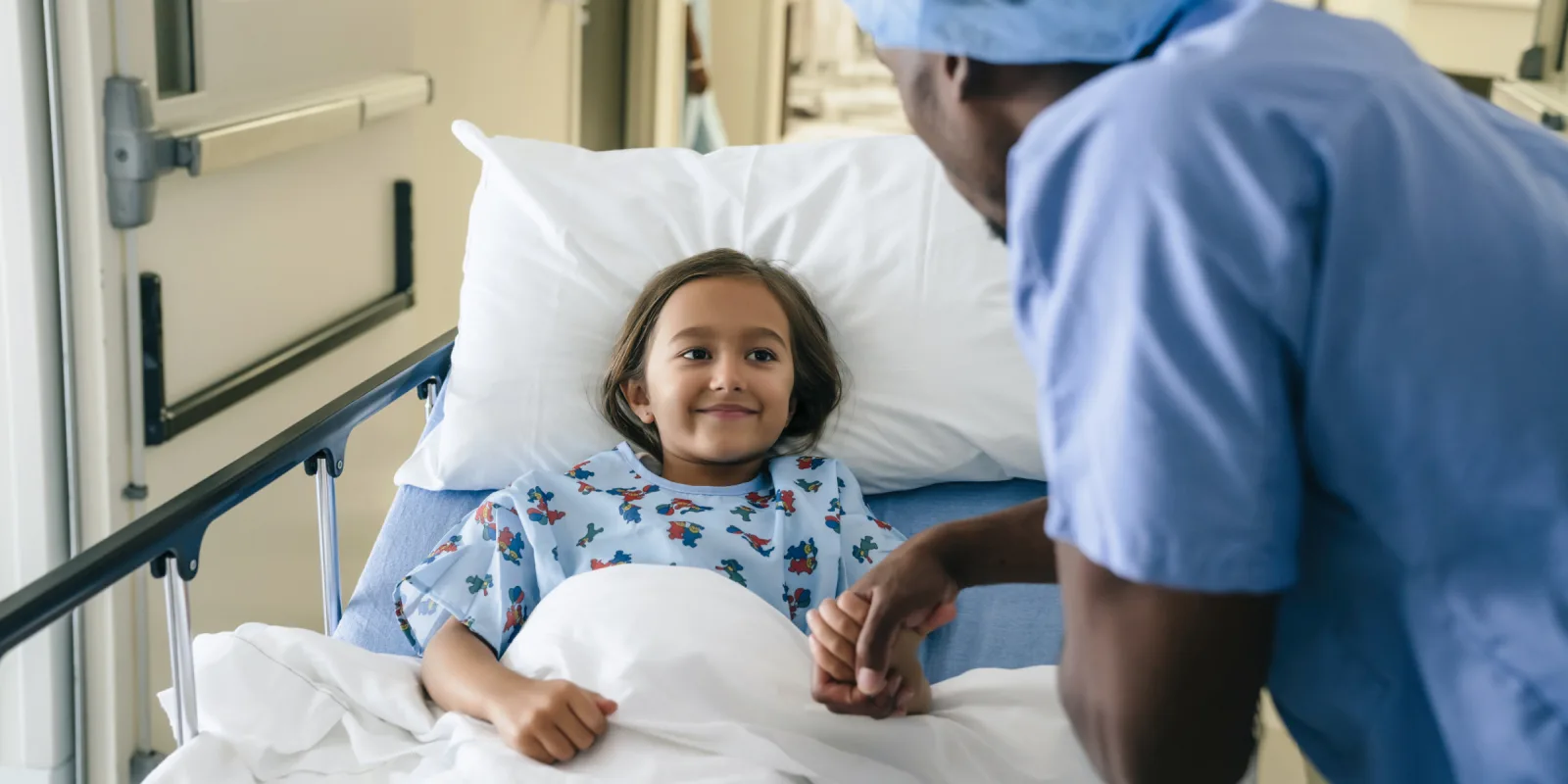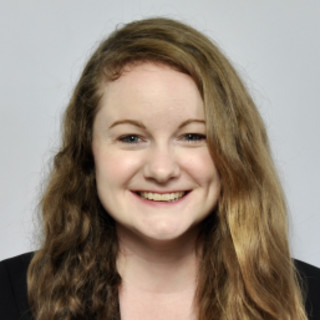I recently joined #medtwitter and came across an informal “guide” to third-year clerkships. My pediatrics clerkship was complete, but I figured I could use some extra tips as I headed into my sub-internship, so I skimmed over the pediatrics section. There was some great advice listed, but my heart sank upon reading one of the suggestions.
To paraphrase, the authors suggested that it wasn’t necessary to wake up a pediatric patient in the hospital because you could do a full physical exam while they’re asleep. Why wake up a sick child at 5 a.m.? I had heard this suggestion before, but something about seeing it in writing, especially the part about letting them “keep laying there,” gave me a visceral reaction.
Of course, no one wants to wake up any patient, regardless of age, at 5 a.m. (There’s an ongoing debate about waking hospitalized patients at all, but that’s for another time.) The idea, however, that we should treat our pediatric patients differently than our adult patients is dangerous. Children are already particularly vulnerable to physical and sexual abuse, with at least one in seven children in the U.S. experiencing child abuse and/or neglect in the past year. One of the simplest ways health care professionals can prevent and stop this abuse is to teach children that their bodies are to be respected, regardless of age or power dynamic. Personally, I wouldn’t want to wake up in a hospital bed to a stranger standing over me, auscultating my chest or palpating my abdomen. The thought is even more frightening in the age of COVID-19, with health care professionals decked out in PPE. If I wouldn’t want it done to me, I’m not going to do it to my patients – even the young ones.
“Consent” in medicine is often talked about in terms of “informed consent” for procedures and treatment, for which the patient should understand the risk and benefits. In pediatrics, common practice is to ask children for “assent,” or agreement with the proposed plan, but informed consent is usually left up to the parents, as children cannot be expected to have a complex understanding of health consequences. The idea of asking for permission can and should be extended to all aspects of medical care, though, including what some might consider a “benign” physical exam. The extra few seconds taken to ask permission before a physical exam can make the patient feel that much more at ease, which is especially helpful in teaching kids that interactions with health care providers don’t have to be scary.
In an age where it is becoming increasingly common for parents and teachers to teach children about bodily autonomy, health care professionals should be doing the same. Parents are teaching their children that it’s their choice whether or not they want to hug their grandparents. Teachers are asking each child if they want a hug, high-five, or wave at the end of the school day. While health care providers can’t always give a child the choice of whether or not they’ll be examined, the very least they can do is ask. The obvious next question is: at what age should we start asking for consent from our pediatric patients? Some would argue it’s never too early.
The common advice in examining a newborn is to do the cardiovascular and lung exam first while they’re asleep. Once you wake them up with the hip exam or put your finger in their mouth to check their palate, you’re only going to hear crying through your stethoscope. Of course, there’s no question that a newborn can’t give consent. However, even children who can’t verbalize consent may experience trauma. According to The National Child Traumatic Stress Network, more and more studies are showing that children age 0–6 years old can be affected by actions that threaten their safety. For hospitalized children, waking up to a health care provider examining them might be just another insult during what is often a traumatizing hospital stay.
When in doubt about whether it’s developmentally appropriate to ask for permission to examine your patient, err on the side of asking and verbalizing what you’re doing. It’s good for language development for children to be talked through what’s happening around them and it’s a good habit for the health care provider.
If you have to examine a hospitalized child at 5 a.m., and that’s a big “if,” wake them up and start by saying “good morning.”
Sarah MacLean grew up in the suburbs of New York City before attending The University of North Carolina at Chapel Hill. She is currently a fourth-year medical student at the Icahn School of Medicine at Mount Sinai and applying into pediatrics. She is particularly interested in a career that integrates primary care medicine with research and advocacy. She is a 2020–2021 Doximity Op-Med Fellow. She reports no conflicts of interest.







